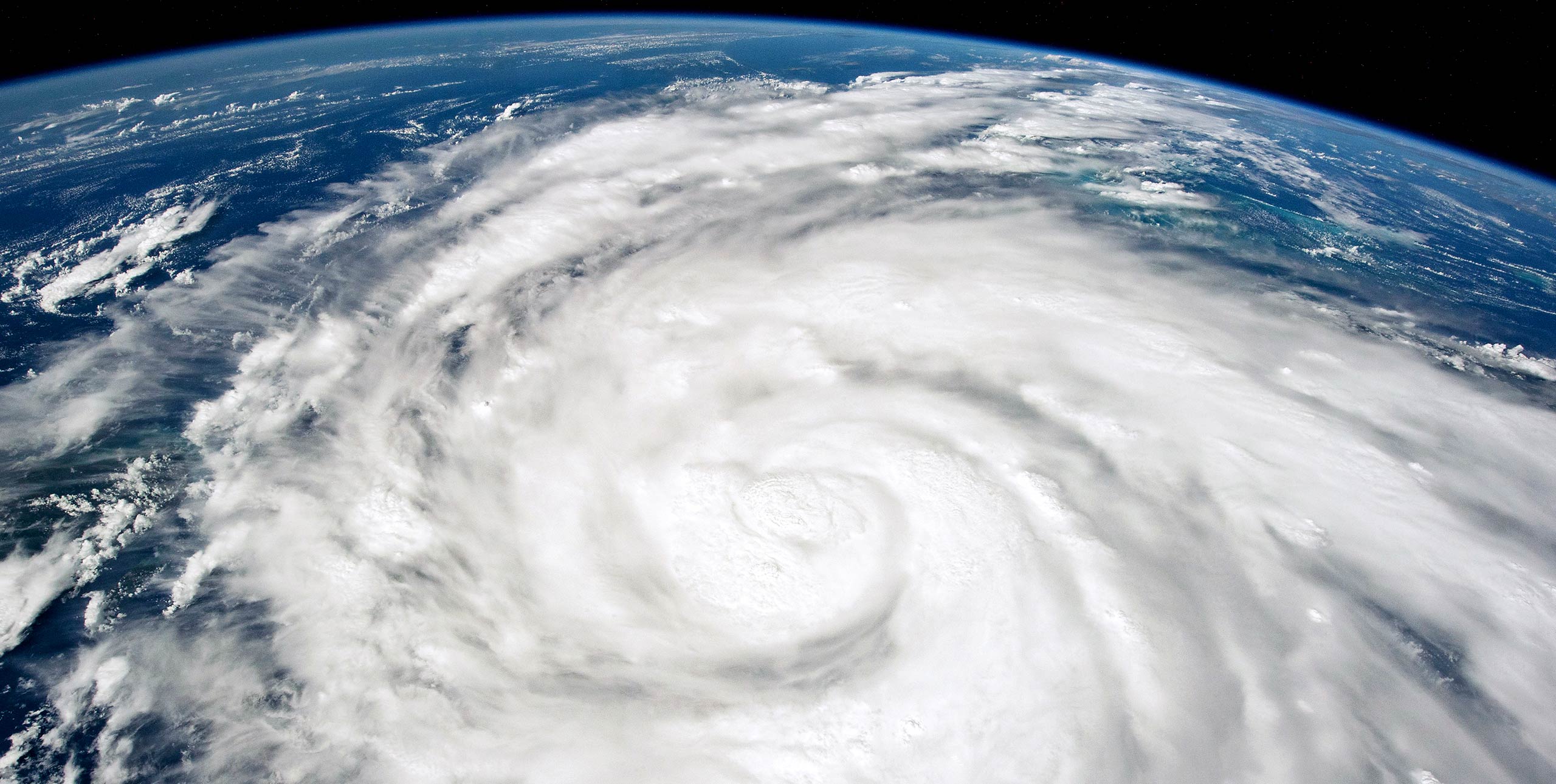Hurricanes are more intense and exploding more quickly. Brian Tang explains why
Hurricane Beryl was the latest Atlantic storm to rapidly intensify, growing quickly from a tropical storm into the strongest June hurricane on record in the Atlantic. It hit the Grenadine Islands with 240km/h (150mph) winds and a destructive storm surge on 1 July then continued to intensify into the basin’s earliest Category 5 storm on record.
Beryl was still a powerful Category 4 hurricane on 3 July when its eyewall brushed the coast of Jamaica and headed toward the Cayman Islands. A large part of Mexico’s Yucatan Peninsula was under a hurricane warning.
The damage Beryl caused, particularly on Carriacou and Petite Martinique, was extensive, Grenada Prime Minister Dickon Mitchell told a news briefing. “In half an hour, Carriacou was flattened.”
Beryl’s strength and rapid intensification were unusual for a storm so early in the season. This year, that is especially alarming as forecasters expect an exceptionally active Atlantic hurricane season.
What causes hurricanes to rapidly intensify, and has climate change made rapid intensification more likely?
I research hurricanes,...


